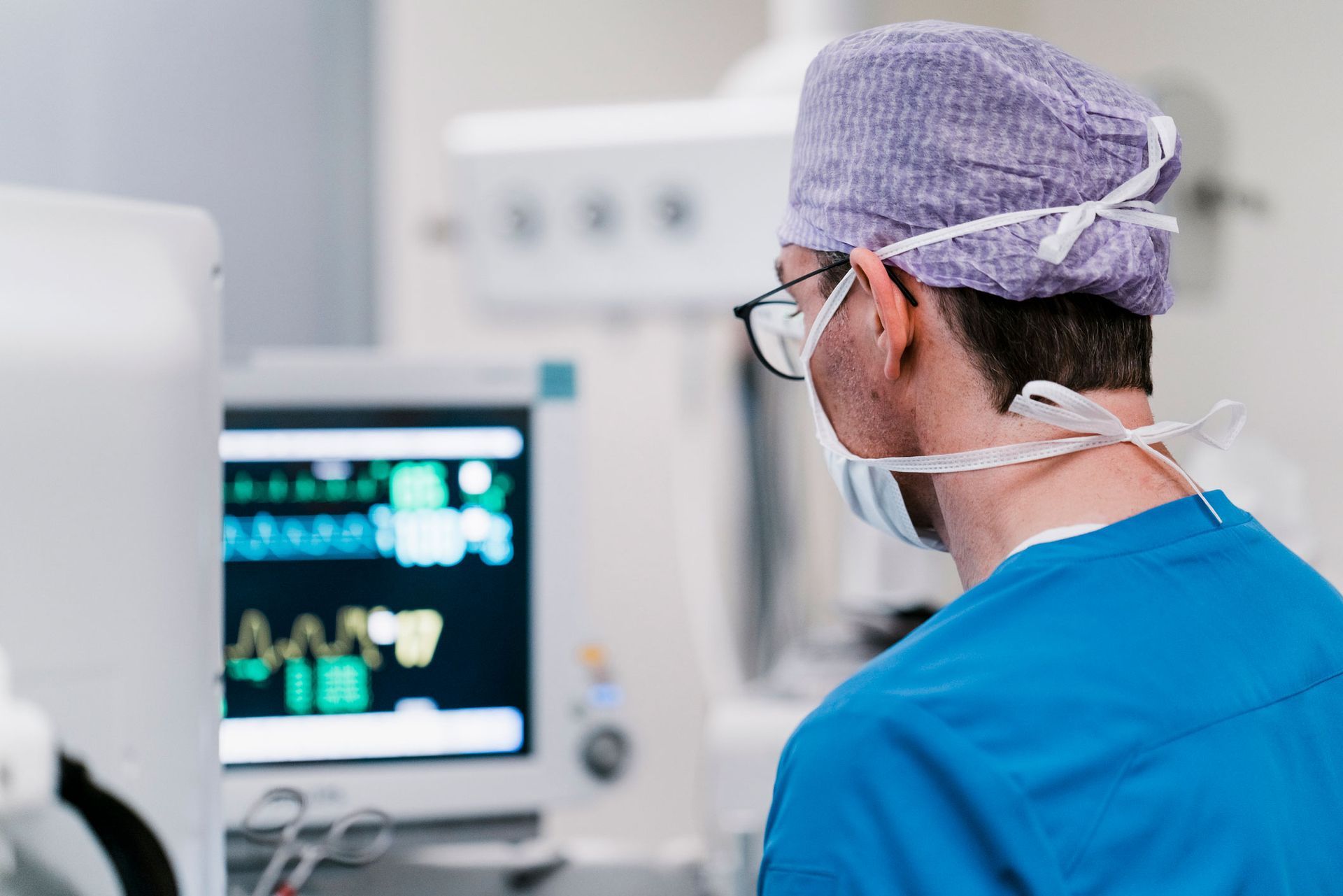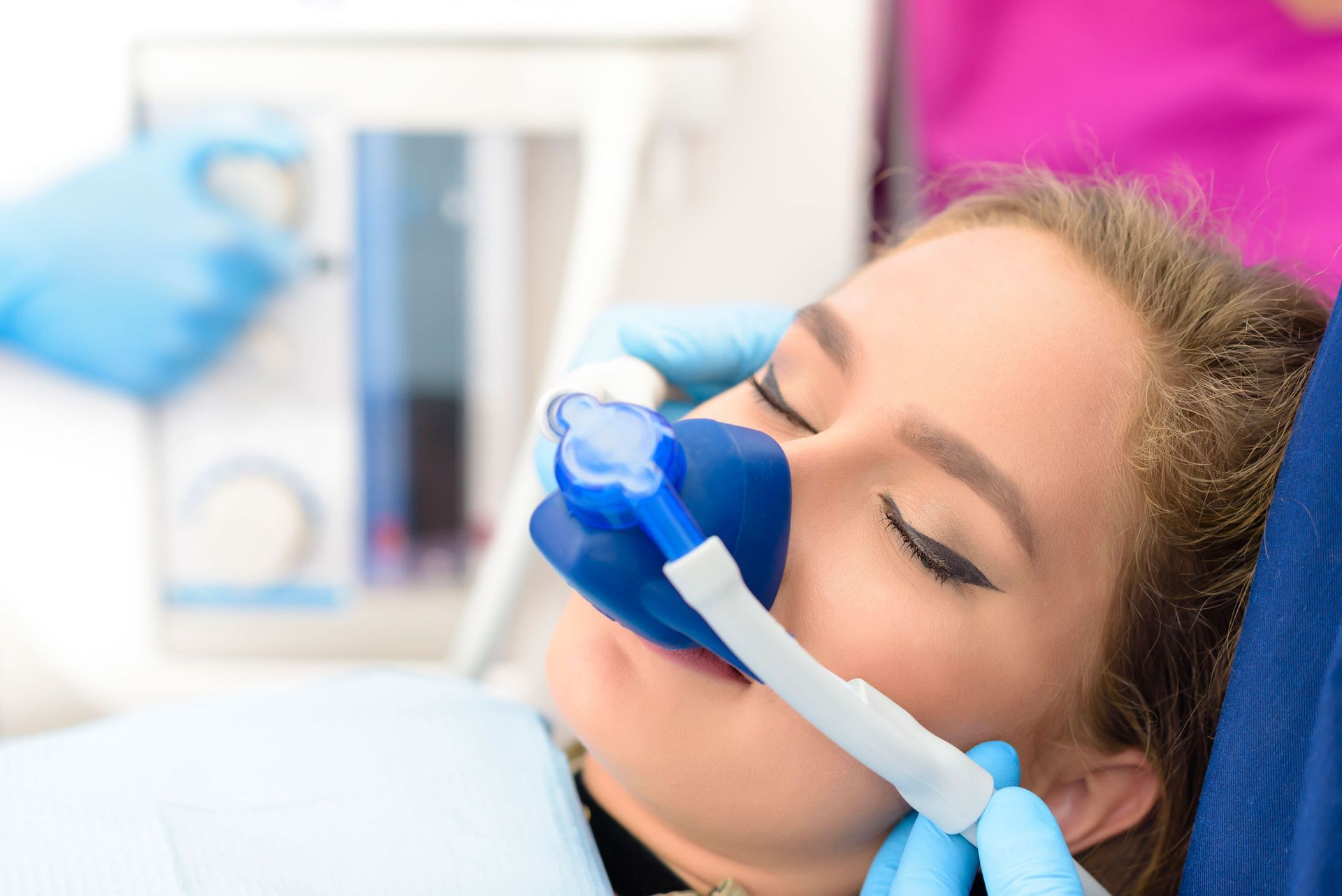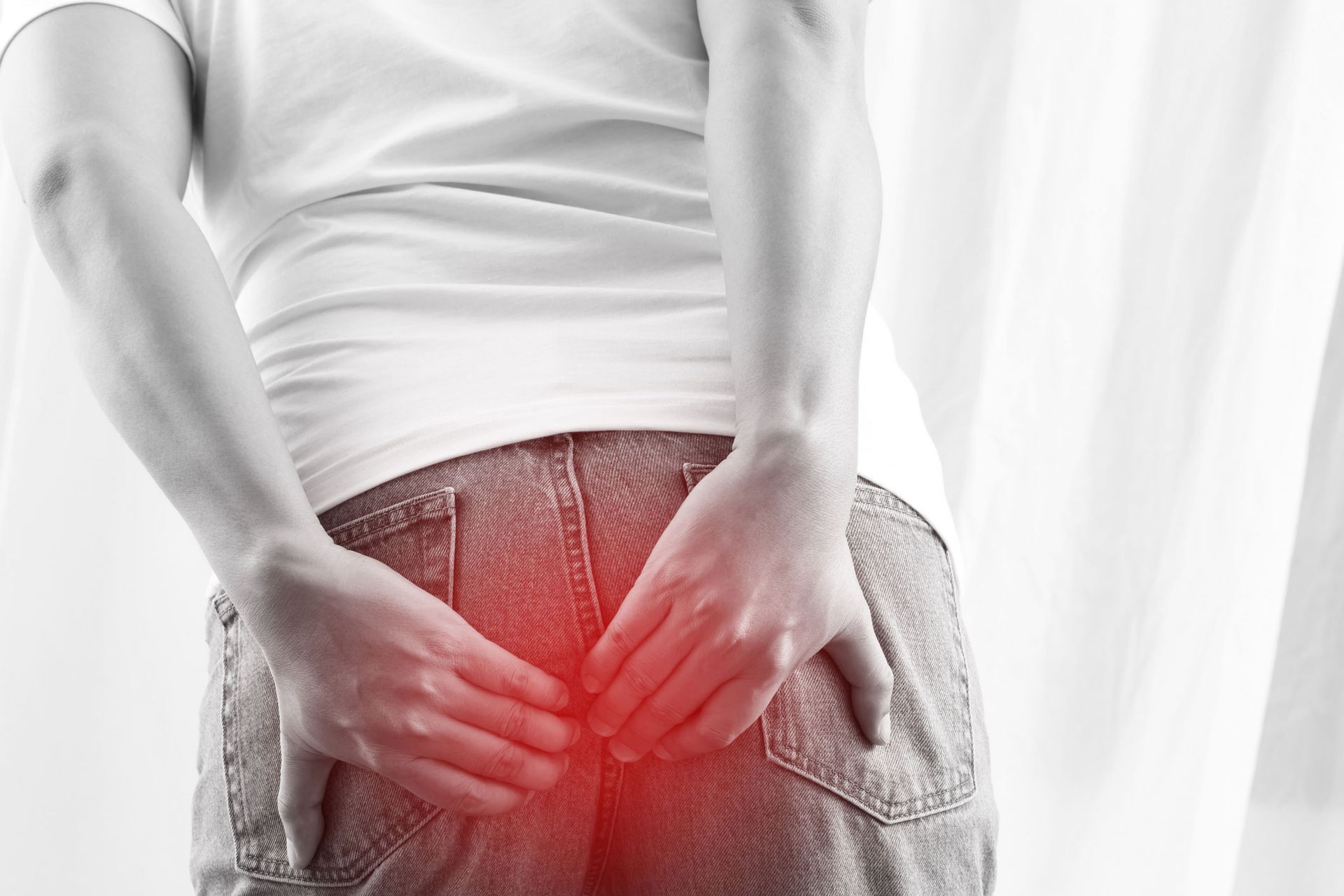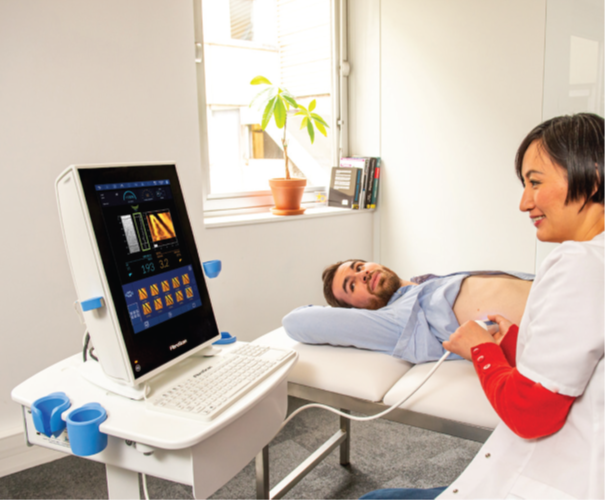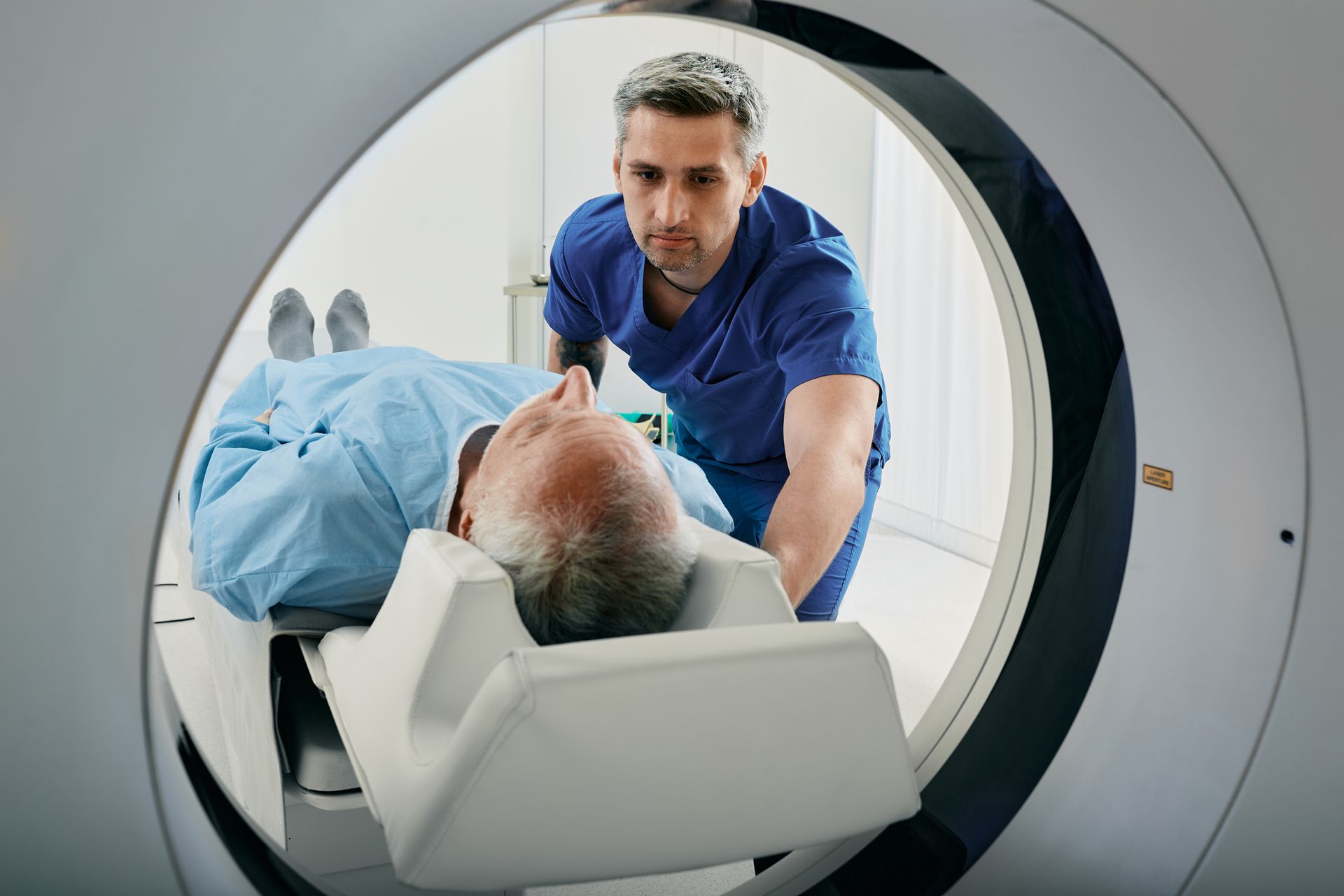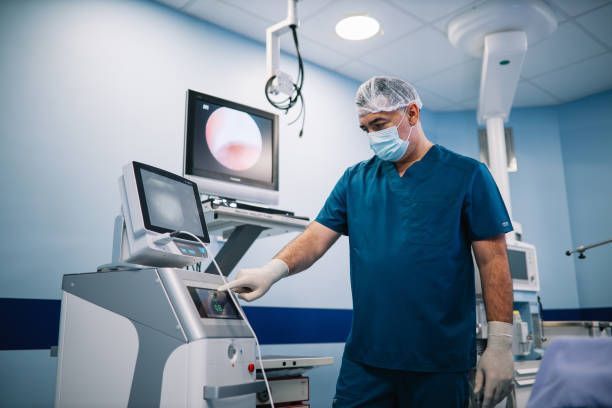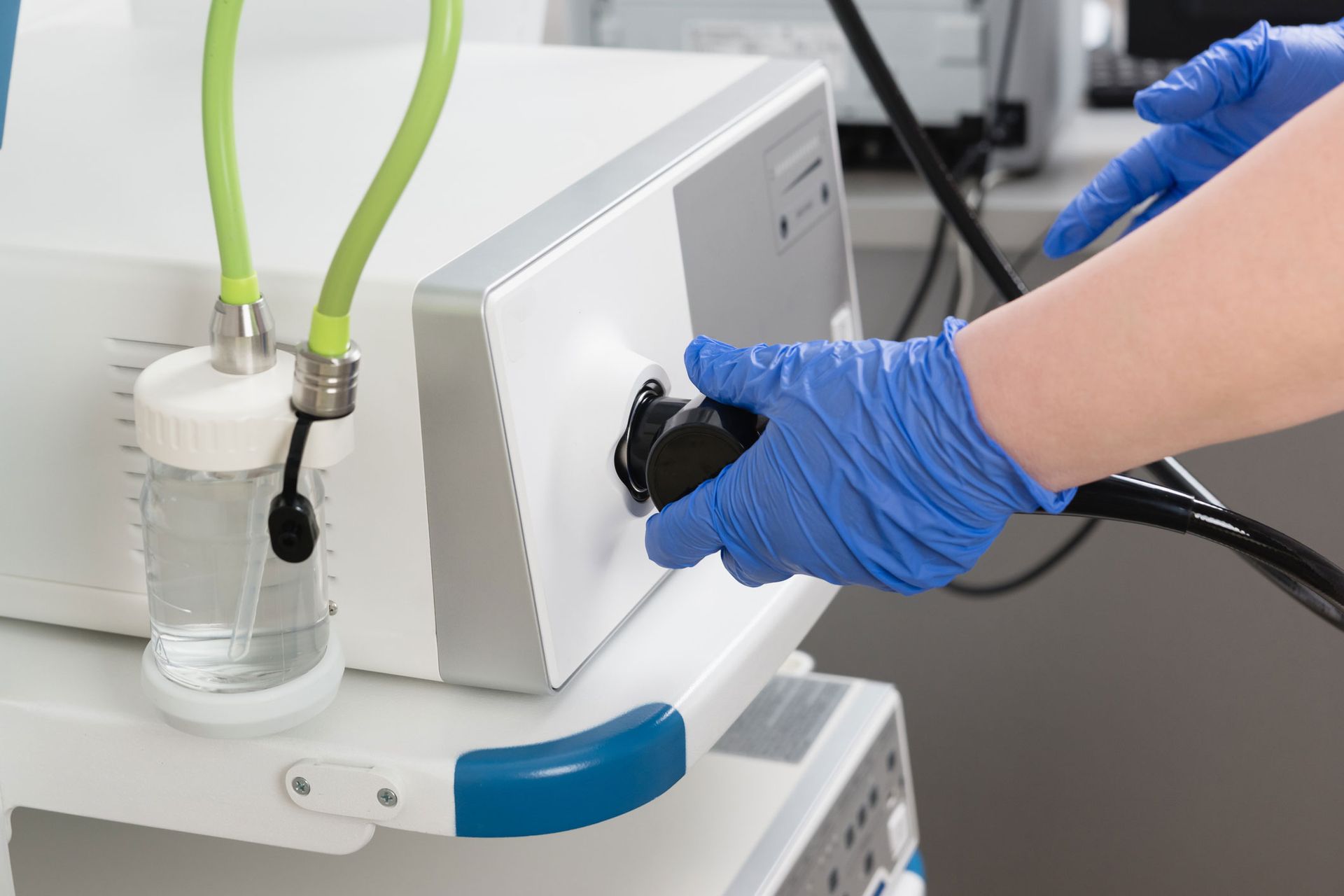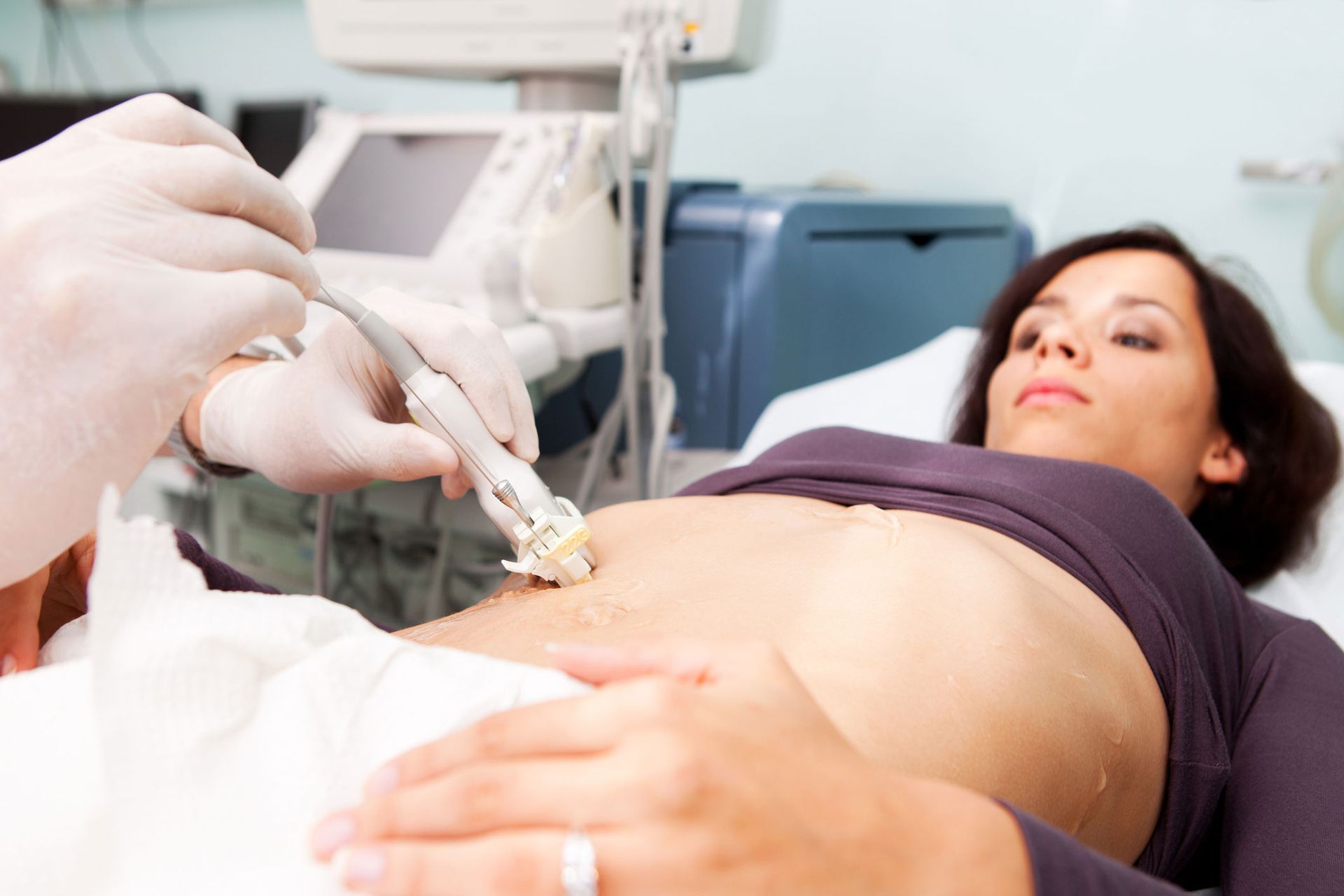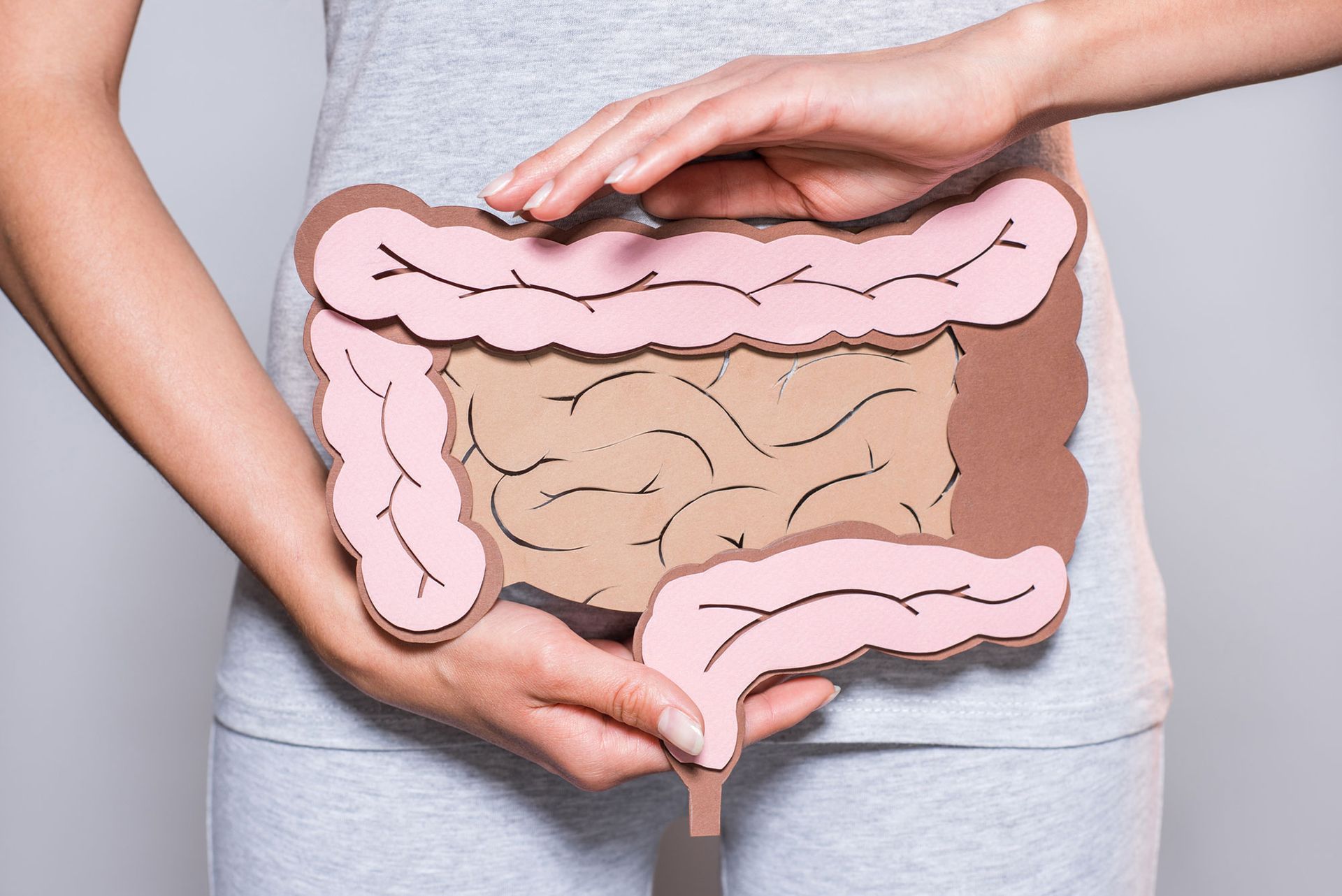Colonoscopy
What is colonoscopy?
A flexible, lighted tube that is about the thickness of a finger is inserted through the rectum into the large intestine (colon) and allows the physician to carefully examine the lining of the colon.
Abnormalities, which are too small to be seen on x-ray, can be identified, as well as the confirmation of abnormalities suspected on x-ray. A tiny sample of tissue (biopsy) can be taken for examination in the laboratory if indicated. Biopsies are taken for many reasons and do not necessarily imply cancer.
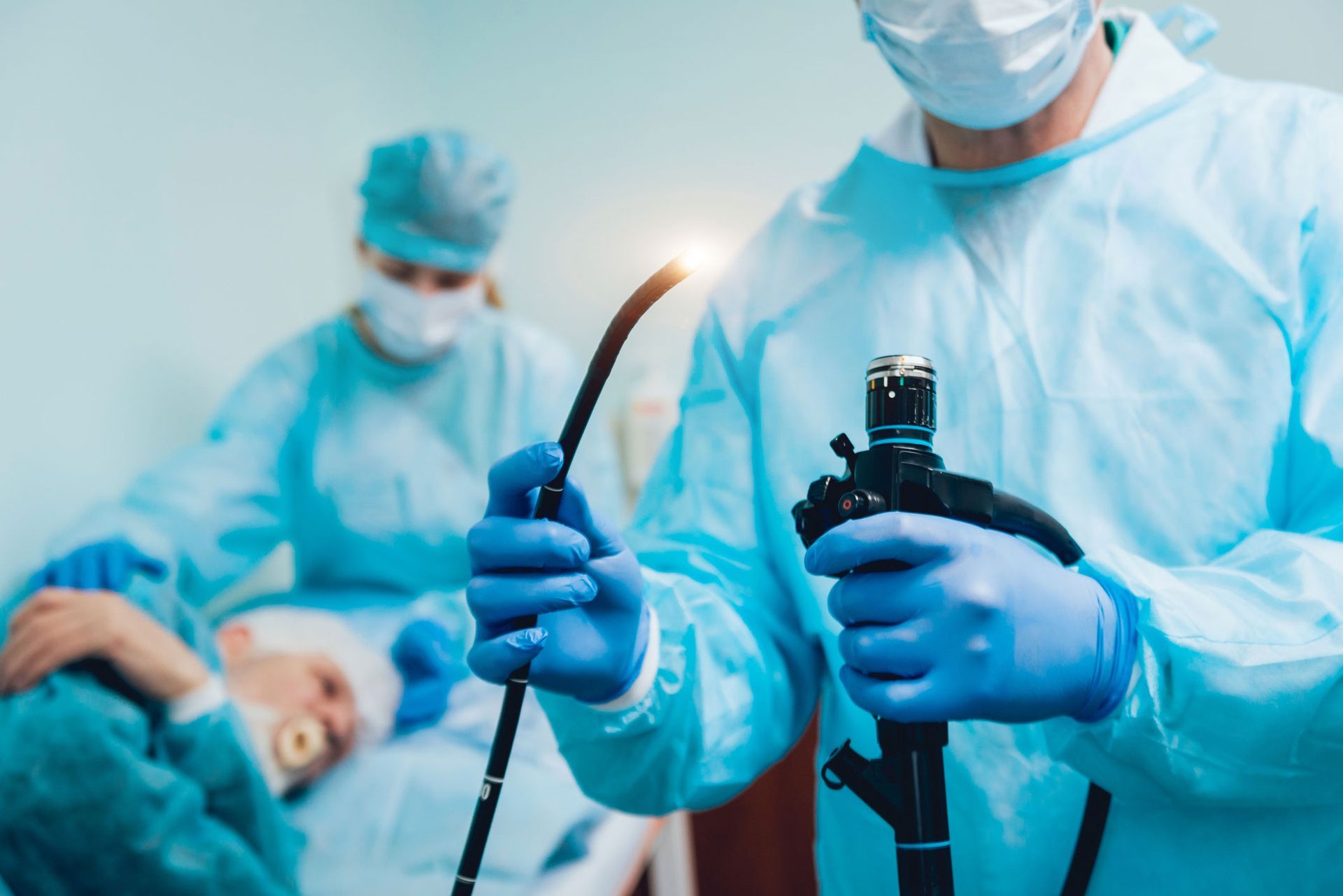
Why is colonoscopy necessary?
Colonoscopy is a valuable tool for the diagnosis and treatment of many diseases of the large intestine. Abnormalities suspected by x-ray can be confirmed and studied in detail. Even when x-rays are negative, the cause of symptoms such as rectal bleeding or change in bowel habits may be found by colonoscopy. It is useful for the diagnosis and follow-up of patients with the inflammatory bowel disease.
The colonoscopy's greatest impact may be in its contribution to the control of colon cancer by polyp removal. Before colonoscopy became available, major abdominal surgery was the only way to remove colon polyps to determine if they were benign or malignant. Now most polyps can be removed easily and safely without surgery.
Periodic colonoscopy is a valuable tool for follow up of patients with previous polyps, colon cancer or a family history of colon cancer. Colonoscopy is a safe and extremely worthwhile procedure, which is very well tolerated. The decision to perform this procedure was based upon assessment of your particular problem.
What happens after colonoscopy?
You will remain at the outpatient area until most of the effects of the sedation have worn off. You may feel bloated after the procedure because of the air that was introduced while examining the colon. Passing flatus (gas) will provide relief and is encouraged.
You will be able to resume your normal diet after the colonoscopy unless you are instructed otherwise (for instance if the polyps were removed).
Due to the sedation, you will not be allowed to drive home following the procedure. You will need to arrange for a companion to drive you home, and remain in the building while you are here. Even through you may not feel tired, your judgment and reflexes may not be normal. You may not drive for the rest of the day or return to work.
Are there any complications from colonoscopy?
Colonoscopy is safe and is associated with very low risk when performed by a physician who has been specially trained and is experienced in this endoscopic procedure.
One possible complication is perforation, a tear in the lining of the colon. This is usually minor and stops on its own or it can be controlled by cauterization through the colonoscope. Rarely, transfusion or surgery is required. Colonoscopy is extremely worthwhile and safe and is invaluable in the diagnosis and proper management of disorders of the colon. The decision to perform this procedure was based upon assessment of your particular problem.
IMPORTANT REMINDER:
This information is intended only to provide general guidance. It does not provide definitive medical advice. It is very important that you consult your doctor about your specific condition.
